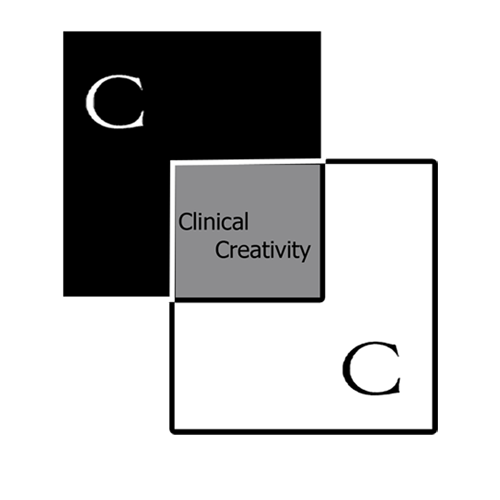Expectations are an individual viewpoint. They are a synthesis of past, present and future models which govern our actions in the present. They are animal in origin. An example of animal origin would be a badly treated dog,whether it cowers, bark or bites is not purely a function of your actions, but on its past experiences and therefore expectations.
Dogs are not amenable to reason, you can't say "but that was then, and I'm different".
Are humans any different?
In some respects yes, they can be reasoned with, their expectations can, sometimes, be explored. In all cases our expectations can be managed.
It matters not whether the staff on a budget airline are always smiling, we've paid for coach and we're getting it. If a flagship company such as British Airways, or Cathay Pacific deliver less than perfection their expectation raising advertising causes a tsunami of complaint.
Perhaps the Titanic would have been a far less tragic event if the appellation of"unsinkable" had not been applied. It would probably have faded in memory, alongside similar tragic incidents.
So what does this have to do with healthcare?
As we move to a patient centered care system we are likely to aim for and promise better outcomes. This promise might well be a justification for unpopular changes in service, a means of selling a different model. "Closer to home", "nearer the patient", "patient centered" all raise an expectation of service, of something different and better than our current systems.
Expectations raised so high, service delivery inevitably likely to fail on occasion, it seems inevitable that individual and possibly community ire will be heaped upon those who fail to deliver.
Perhaps we need to think carefully and honestly about how we change the system, perhaps are slogan should be "The NHS, doing it's best to please everyone and failing in places".
79 Bigdale Dr
Liverpool, L33 6YJ
01515462958
Thoughts on innovative healthcare header set X-Clacks-Overhead "GNU Terry Pratchett"
Your Custom Text Here
